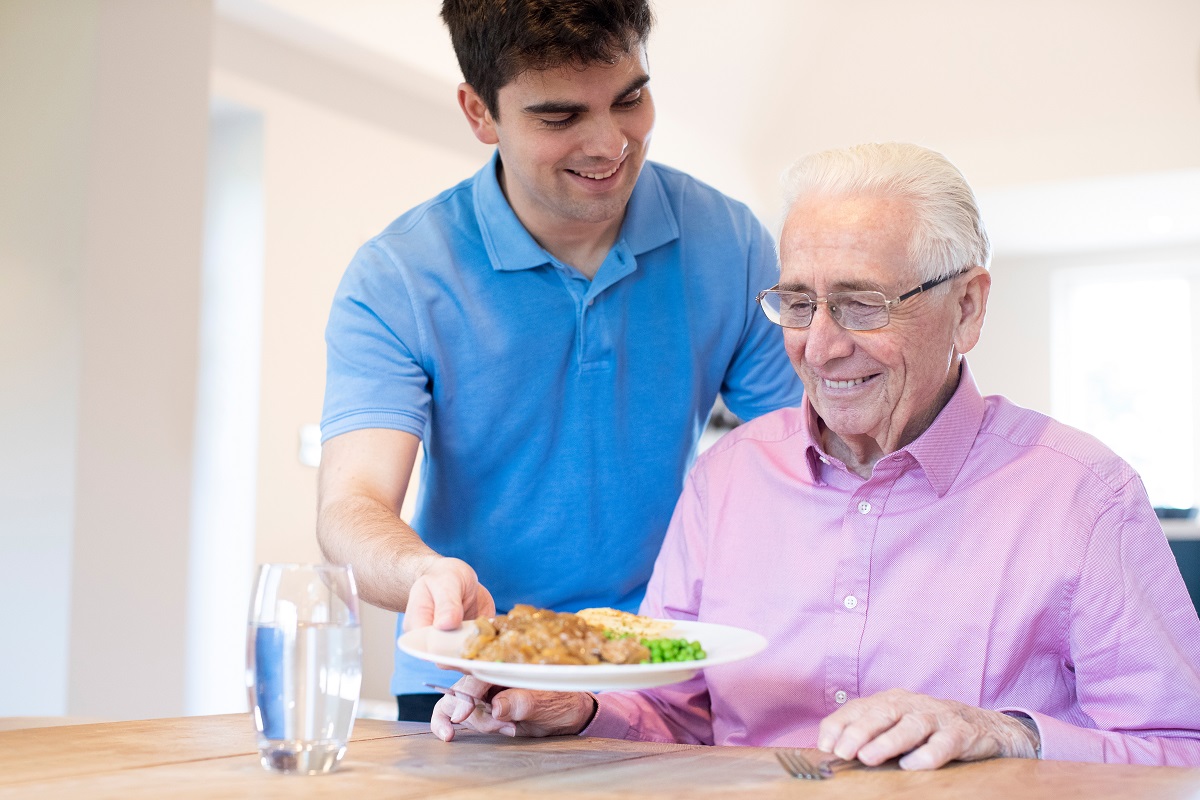How to help someone with dementia feel connected and engaged
Making connections is key for helping someone feel supported after a dementia diagnosis, and there are simple steps to do this…
Three signs the person you’re caring for is feeling connected and engaged
– They take clear enjoyment from daily activities
– They respond well to stimulating activities
– They get out and about regularly to meet with a variety of friends and family
Someone who is connected and engaged will take an interest in daily life, even if they don’t necessarily understand what’s going on. They will like meeting people and chatting to them, and daily activities will see them feeling more positive and reducing the amount of challenging behaviour they experience.
Feeling connected is extremely important for someone with dementia because it’s very easy to feel like you’re on your own after a diagnosis, with everyone around you not really understanding what you’re going through. Luckily, you can identify the obstacles to connection and engagement and find ways to manage them.
Beating obstacles to connection and engagement
The following challenges could prove to be an obstacle for feeling connected.
– Loneliness and isolation
– Not getting outside enough
– Helplessness
– Stigma
Being able to recognise these challenges and learn how to cope with them can increase the chances of helping the person you’re caring for feel more connected and engaged.
Tips to try…
These are centres where someone with dementia and their carer can meet with other people also affected by memory problems to chat, do activities and generally provide support for each other.
This is an activity which involves looking back at someone’s past life events, and then developing an individual biography of that person. It can be an enjoyable activity for the person affected by dementia as they’ll probably be able to remember events from 30 years ago more easily than those that happened last week. It’s also useful for carers, as it helps them to develop a more rounded picture of the person they’re caring for, which can help when they’re talking to them or organising activities.
Dementia support groups
There are plenty of general dementia support groups, including ones designed for specific types of dementia, such as Young-Onset Alzheimer’s or Frontotemporal Dementia (sometimes called Pick’s disease). They can provide information for those affected and their carers, and a network of people who have experienced or understand what you’re going for.
Many charities, including the Alzheimer’s Society operate befriending schemes, where a volunteer can be linked up with someone with dementia to provide companionship – usually on a weekly or fortnightly basis. Volunteers can help you do activities, shopping or simply provide a friendly ear to talk to.
Sometimes meeting up face-to-face isn’t always possible, and this is where the wonders of the web come into force. There are plenty of online groups and forums where you can get a quick answer for a problem, or simply vent. Check out the Unforgettable forum for more information.
SHARE
Explore more




